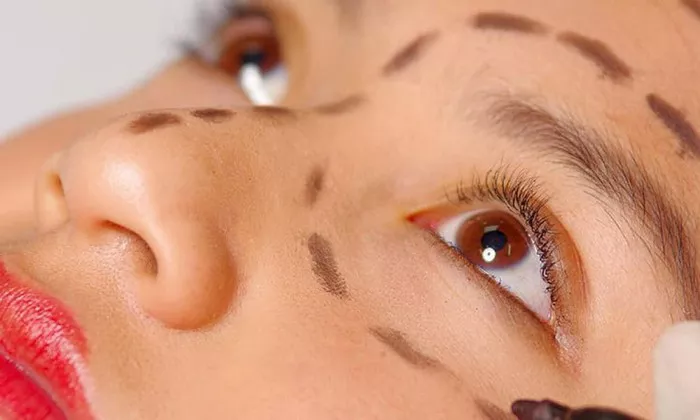Eyelid surgery, also known as blepharoplasty, is a cosmetic procedure designed to enhance the appearance of the eyes by removing excess skin, fat, or muscle from the eyelids. While the results can be incredibly rewarding, the recovery process is a crucial phase to ensure a successful outcome. Patients often wonder what the fastest way to recover from eyelid surgery is. In this article, we will explore key factors that influence the speed and quality of recovery after eyelid surgery, along with tips to expedite the process.
Understanding the Recovery Process
Recovery from eyelid surgery varies from person to person and depends on several factors, including the extent of the procedure, individual healing tendencies, and adherence to post-operative instructions. Typically, the recovery process can be broken down into stages:
Immediate Post-Op Period: The first few days after surgery are crucial for initial healing. Swelling, bruising, and discomfort are common during this phase.
First Few Weeks: Swelling and bruising gradually subside, and the incisions begin to heal. Patients may still experience some discomfort, but it typically lessens.
Weeks to Months: Full recovery can take several weeks to months, during which residual swelling disappears, and incision lines continue to fade.
Factors Influencing Recovery Speed
Several factors can influence how quickly and smoothly you recover from eyelid surgery:
Surgical Technique: The surgical approach used by your surgeon can impact recovery. Minimally invasive techniques, such as laser-assisted or non-incisional methods, often result in shorter recovery times compared to more extensive procedures.
Extent of Surgery: The complexity of your surgery, including whether both upper and lower eyelids are involved, plays a significant role. More extensive procedures may require a longer recovery.
Individual Healing: Each person’s body responds differently to surgery. Genetics, age, overall health, and lifestyle can all affect healing speed.
Adherence to Instructions: Strictly following your surgeon’s post-operative instructions is essential. This includes proper wound care, medication, and avoiding activities that could hinder healing.
Nutrition and Hydration: A well-balanced diet rich in vitamins and minerals can support the healing process. Staying properly hydrated is also crucial.
Tips for a Faster Recovery
While it’s essential to consult with your surgeon for personalized recovery guidelines, the following tips can help expedite the healing process after eyelid surgery:
Rest and Sleep: Ensure you get plenty of rest and sleep during the initial days after surgery. This aids in the body’s natural healing processes.
Cold Compresses: Applying cold compresses to the surgical area can help reduce swelling and bruising. Follow your surgeon’s recommendations for timing and duration.
Elevate Your Head: Sleeping with your head elevated can minimize swelling around the eyes. Use pillows to prop yourself up comfortably.
Avoid Strenuous Activities: For the first few weeks, avoid strenuous activities, heavy lifting, and intense exercise that could strain the surgical area.
Medication Compliance: Take prescribed medications, including pain relievers and antibiotics, as directed by your surgeon.
Wound Care: Keep the surgical area clean and follow your surgeon’s instructions for applying ointments or dressings.
Avoid Smoking and Alcohol: Smoking and excessive alcohol consumption can hinder the healing process. It’s best to avoid them during recovery.
Stay Hydrated and Eat Nutritious Foods: Proper hydration and a balanced diet rich in vitamins and minerals support tissue repair.
Follow-Up Appointments: Attend all scheduled follow-up appointments with your surgeon to monitor your progress and address any concerns.
Protect Your Eyes from the Sun: Use sunglasses with UV protection when going outside to prevent sun exposure, which can exacerbate swelling.
Conclusion
Recovering from eyelid surgery involves multiple factors and varies from person to person. While there is no one-size-fits-all approach to speeding up the recovery process, following your surgeon’s advice, taking proper care of yourself, and being patient are key to achieving a successful outcome. By prioritizing rest, nutrition, and adherence to instructions, you can help ensure a smoother and faster recovery after eyelid surgery.

